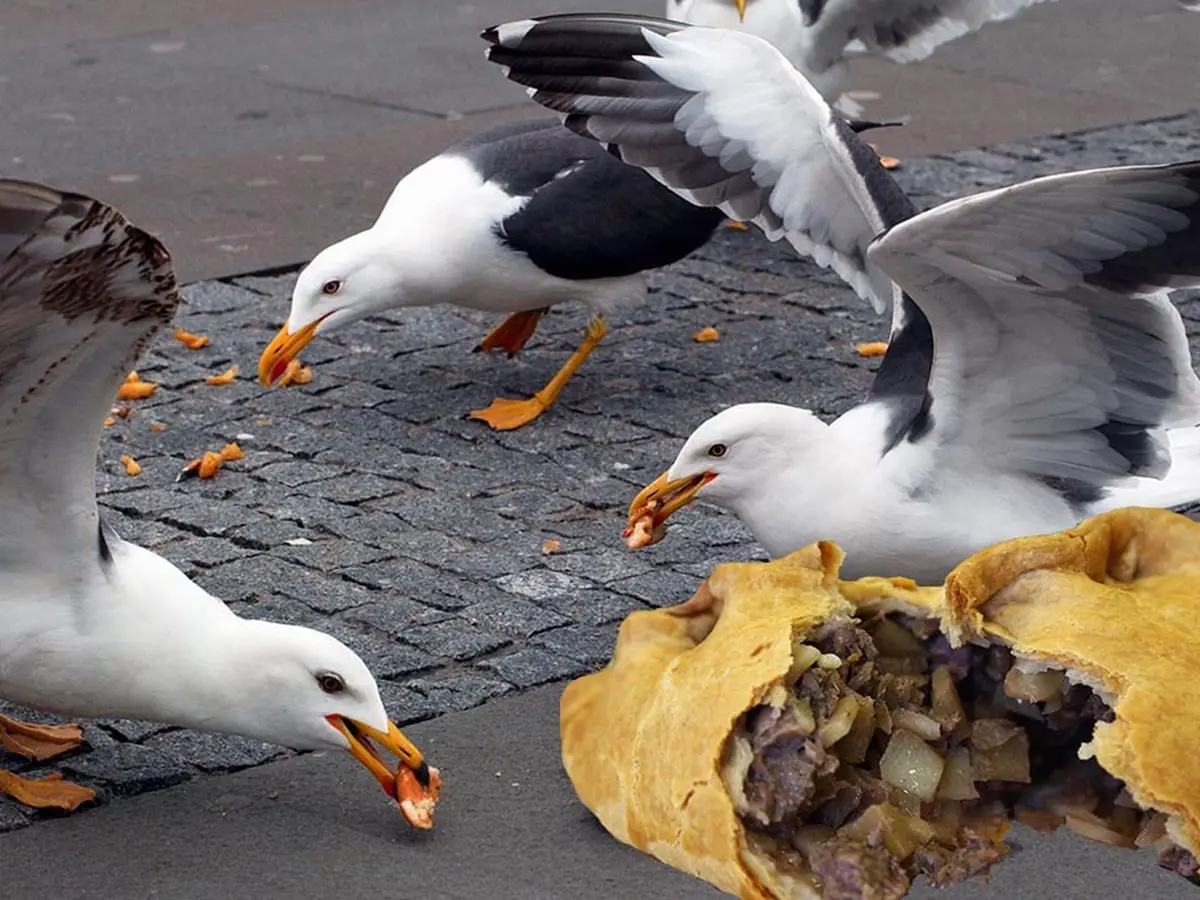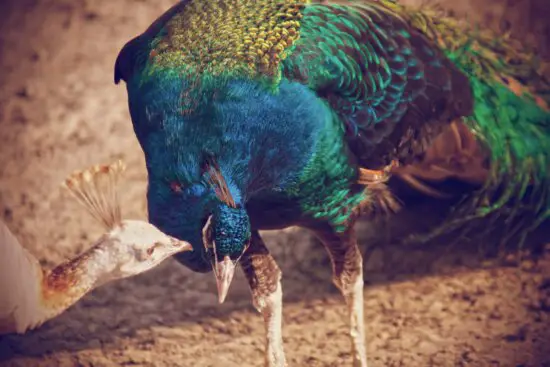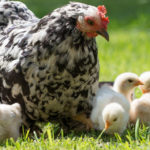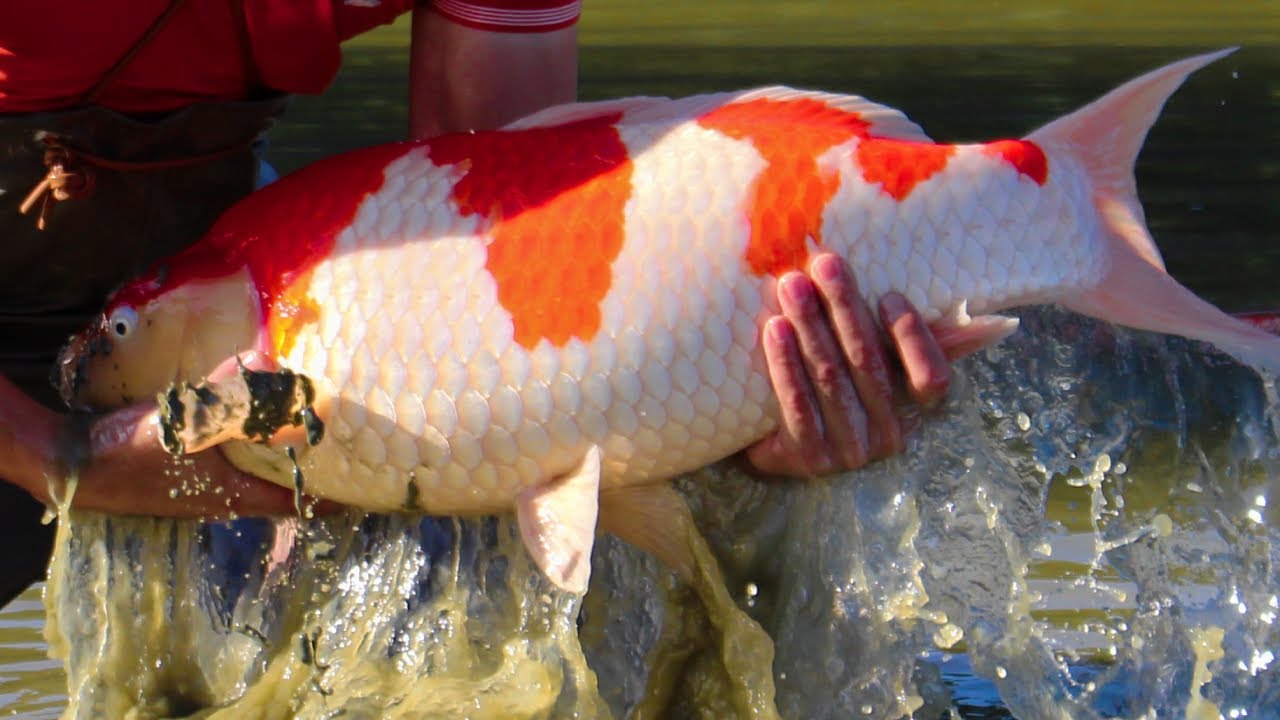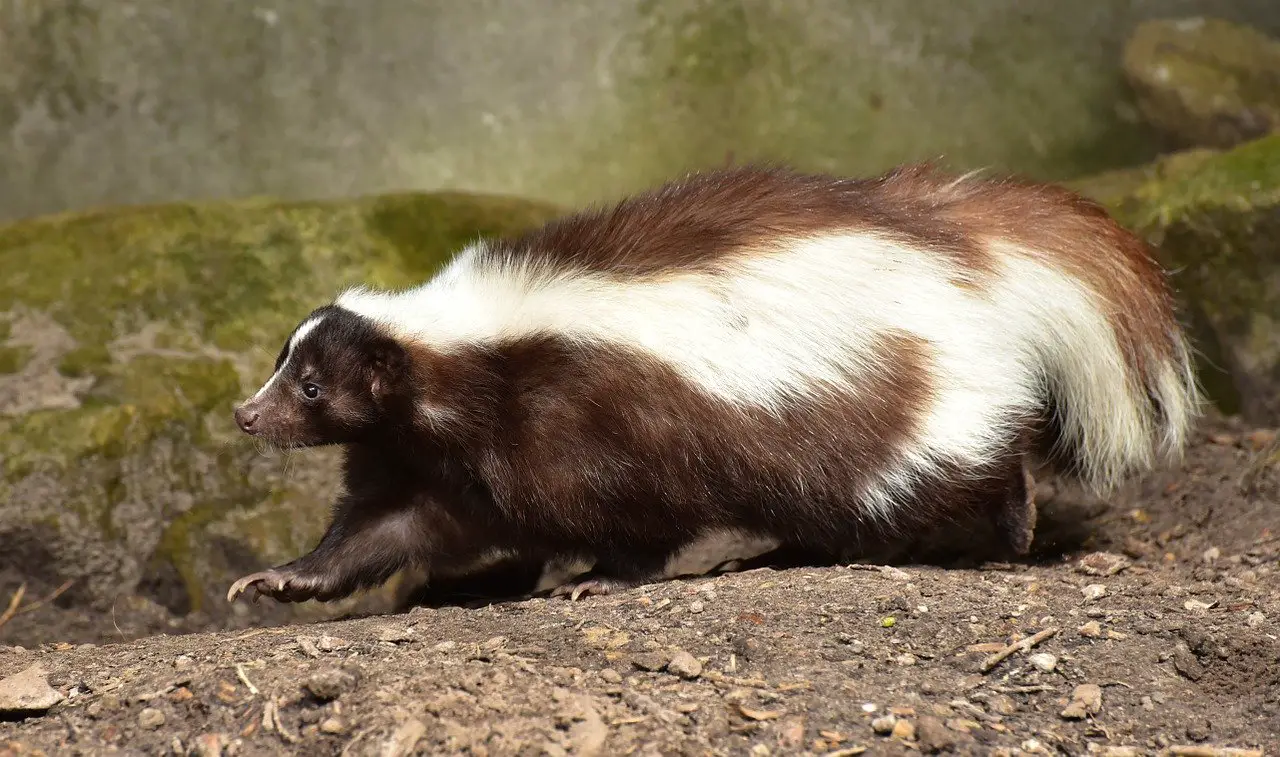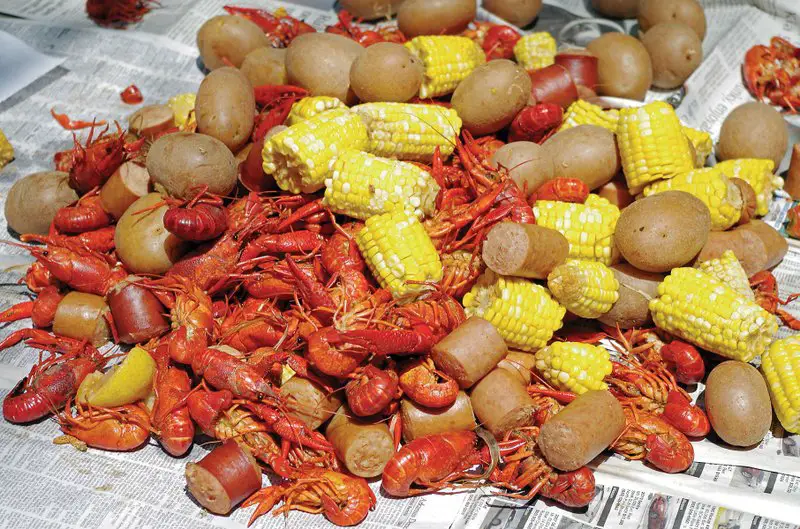Can You Eat Seagulls?

Can you eat seagulls? The answer, pure and simple, is an emphatic No. Seagulls aren’t edible. For one thing, gulls are scavengers and they are often referred to as unclean meat as their feeding habits are quite unhealthy. They eat dead things and feast on garbage that wash up on the shore, which include dung, grain and berries along with smaller fish, snails and earthworms.
Besides, they are protected under the Migratory Bird Act, which ensures the protection of all birds that migrate. The law was enacted in 1918, which prohibits hunting or eating, killing, selling seagulls. Another reason that eating seagulls isn’t an ideal choice is that they aren’t tasty due to their eating habits.
The seagull is a kind of bird that’s been around for a long time. It’s also the official mascot for San Francisco, California. In this blog post, I would like to learn a few things about what the seagull’s flavor is like and why you shouldn’t be eating the birds, nor their eggs.
Why seagulls should not be eaten?
Gulls are among the most popular coastal scavengers. These birds can eat everything that is dead, from fish bones to trash on the beaches, and they’ve also been observed to attack small animals they usually eat. They can be very aggressive when searching for food.
The population of gulls has been increasing in recent years, but it’s not because they’re becoming more intelligent. We’re throwing even more scraps of food than ever into our garbage cans and then onto the streets to decay.
The seagulls you observe on beaches aren’t usually a great for a meal. They’re often referred to as “flying rats” because of the speed at which they scatter garbage on beaches or another area where people gather.
In addition to being protected under the law, gulls have also been recognized to be carriers of parasites and diseases that could make people sick when they eat them.
In what other places are seagulls protected species?
It is a popular belief that seagulls aren’t protected. It isn’t the case since they are protected under laws in a variety of nations. Let’s take a look at the laws applicable to the countries apart from United States.
UK
Seagulls are a kind of birds that are common in Great Britain, and they are protected by law from 1934. Seagulls became illegal to hunt in 1894, as the British Parliament adopted a law that prohibits shooting them or killing them for sporting purposes or for fun.
But, the population of seagulls grew in alarming proportions following World War I due to increased food availability since fewer people consume it. To counter this to this, the government also prohibited their killing in 1933 when they passed of the Protection of Birds Act which designated these animals as game species, similar to pheasants and partridge.
Canada
Seagulls are a protected species in Canada. It is against the law to harm the birds of these species by any methods. It is illegal to harm them in any way. Canadian Migratory Birds Convention Act was in force since 1994, and it protects the migratory birds both on the land and in the water.
Australia
In Australia Seagulls in Australia are protected by law. The specific law protecting seagulls differs from state to state, however they’re all very strict in regards to the protection of the species. Many states have a type of prohibition against killing or harming seagulls.
Seagull Meat Nutrition
Despite its taste and oily appearance, may be shocked to learn that seagull’s meat is rich in protein. Lean protein is beneficial for those who are trying to lose weight.
Add to this being able to receive tiny amounts of meat and the seagull may be the ideal bird for someone following the diet.
For one cup of seagull’s meat, you’ll consume 307 calories. Of those 307 calories just 5 grams are saturated fat. In addition, with 33g of protein total, zero carbs, and only 162 milligrams cholesterol, you’re getting quite a healthy slice of meat from the seagull.
What does seagull taste like?
What is the taste of seagull? It is a question that is often asked by people looking to learn details about birds they spot at the beach. Seagulls reside close to bodies of water and their diet consists primarily of shellfish, fish crabs, fish, and other marine animals.
Gull meat is reminiscent of rubber bands that are spongy and have an astringent flavor. The flavor of the meat will, however, vary as it is based on the diet the bird consumed prior to its death. It doesn’t generally seem very appealing to people who haven’t tasted it before.
However, some people are awed by its delicate flavor, with hints of saltwater and fish brine. The main point is that seagull’s meat isn’t the best choice for all tastes.
Do you have to eat eggs from seagulls?
Seagulls are not the only birds that are protected, but their eggs are protected under Migratory law. It prohibits destruction, relocation nests and eggs of seagulls through any means.
The eggs of the seagulls are big with a blueish or greenish-blue shell. They are generally able to be eaten, but they are not considered to be a delicacy and are not recommended to consume in large amounts because their taste is often called “fishy” and they contain significant amounts of cholesterol.
Gull eggs are a treat in certain parts around the globe, like Japan where they are used to make special meals with the eggs of gulls.
Seagull Eggs
Although the seagull in itself isn’t a very pleasant animal to consume but their eggs can be different and impact your taste buds. But, it is important to examine regional laws prior to you set out to gather eggs from seagulls to eat breakfast.
Poison Reports
Apart from ensuring that you’re legally permitted to collect eggs of seagulls, it’d be advisable to read up on poisoning reports linked to eating seagull eggs. There are many stories about how seagull eggs can cause poisoning after consumption. So, even though they might be better tasting than the meat of the gulls, it’s not recommended to eat eggs of seagulls.
Can You Get Sick From a Seagull?
We should put aside eating seagulls If we can. We know that it is completely feasible to eat seagulls it is not allowed due to regulations in many nations..
However, live seagulls may carry diseases like E. Coli (Escherichia coli). The infection can trigger ailments like septicemia and gastroenteritis. Other infections, for instance, Escherichia bacteria (E. Coli) – most often spread by seagulls it could cause illnesses such as gastroenteritis and septicemia.
Do Seagull Feathers Carry Disease?
Every feather of an urban bird could be a carrying a variety of parasites, bacteria, and even viruses. However, the most important issue with feathers of birds should be those which are from a dead bird. The feathers of a dead bird are the most likely suspects in the case of disease, while feathers that come of a live bird generally aren’t affected by disease.
What is the Lifespan of a Seagull?
Seagulls are part of the tern family and both species belong to the Laridae family. There are more than 20 species of gulls that live in North America. The lifespan of seagulls will differ in accordance with the species they belong to. Herring gulls are the most enduring species. life time.
The Herring Gull even has the distinction of being the longest-living gull. The gull that was recorded lived up to 49 years old. The average life span of the Herring gull is around 30 years.
There are a few species of gulls that are able to live as long. For instance, the Ring-billed gull instance, has a lifetime equal to half the Herring gull, and is estimated to last between 10 to 15 years.
While they are a source of irritation for some, it’s evident that seagulls are magnificent creatures. They travel long distances to fulfill their migratory patterns and their lengthy flight does not just serve just for migration purposes.
Gulls have been observed to travel a long distance across the ocean to hunt for food.
They can not only fly long distances, but they can also fly at a high speed. Gulls have been recorded at speeds of up to 28 miles per hour.
Wrapping up
Can You Eat Seagulls?
Seagulls are difficult. The birds that migrate are protected by law, and it’s unlawful to hunt and kill them.
Gulls are a species of bird that is distinguished by their prey-like nature. They frequently eat dead animals, meaning they could be risky to humans should they consume one.
Gull eggs can also be thought of as an exquisite treat in certain parts around the globe; however it is important to understand that this isn’t something that the average person would take part in.
The last thing to mention is that keep in mind that we shouldn’t get into the habit of feeding seagulls at the beach.
Because feeding gulls can teach the gulls to get closer to people and encourage them to stay away from their natural habitat on the coast. The gulls will gradually begin to appear close to people, hoping for a tasty food source. As the gulls get more at ease, they’ll become more aggressive. If this trend persists, there is another ecological in the offing!
